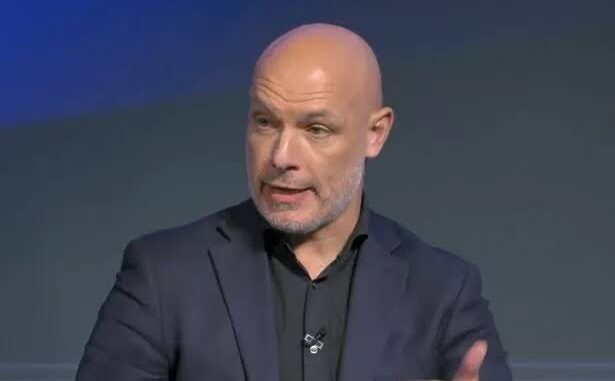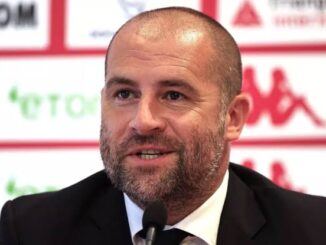
Professional Game Match Officials Limited [PGMOL] chief refereeing officer Howard Webb has explained a key VAR decision which has preserved Newcastle United’s unbeaten start to the Premier League campaign.
The recent 2-1 win over Wolves saw Eddie Howe’s side move up to third in the table with ten points taken from a possible 12 available to them. The Magpies may not be at their fluent best after the opening four rounds of fixtures but have made an impressive start in terms of points on the board, but have also had a slice of luck along the way.
The 1-1 draw with Bournemouth was arguably Newcastle’s poorest performance of the season. Anthony Gordon restored parity in the 77th minute after Marcus Tavernier’s first-half strike and the Cherries could have won the game late on when midfielder Dango Outtara bundled the ball over the line from a corner kick. The goal was given by on-field referee David Coote, but VAR officials Tim Robinson and Neil Davies decided to review the incident.
Coote was sent to the monitor which showed the ball striking Outtara’s arm, and given it was a ‘factual decision’ the goal was ruled out, preserving Newcastle’s unbeaten start to the campaign. Former top flight official Webb has explained some of the VAR calls from the opening three rounds of fixtures as part of the Premier League’s Mic’d ‘p series.
“In this situation, the ball strikes Ouattara’s shoulder, upper-arm area,” Webb told the Premier League. “It’s hard to be totally conclusive as to exactly where.
“Now, the VAR looked at this and decided that, in his professional opinion, that was in the area of the arm that has to be penalised below the bottom of the armpit. That’s the important reference point. I don’t think that’s conclusive enough to intervene.
“Equally, if the goal had been disallowed by the on-field officials handball, I don’t think there’s evidence here to say that there’s no handball either. So again, it goes back to ‘referee’s call’.
“It’s an important concept. And for those factual matters you need evidence. It’s very clear that the on-field call is wrong, I don’t think we have it here.”



Be the first to comment